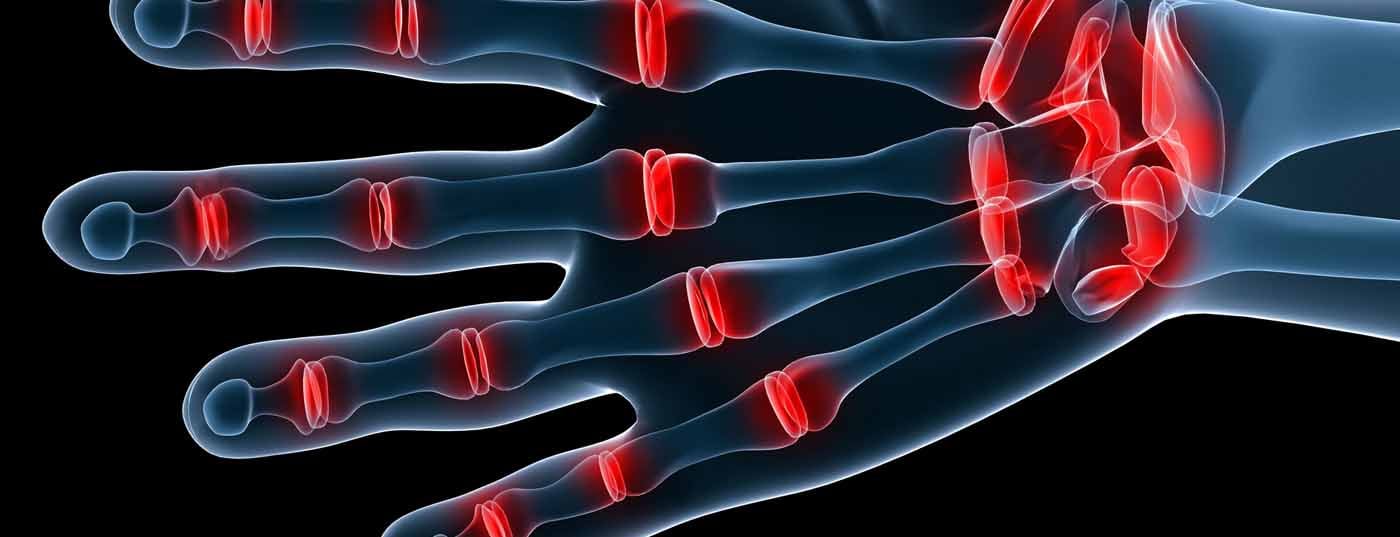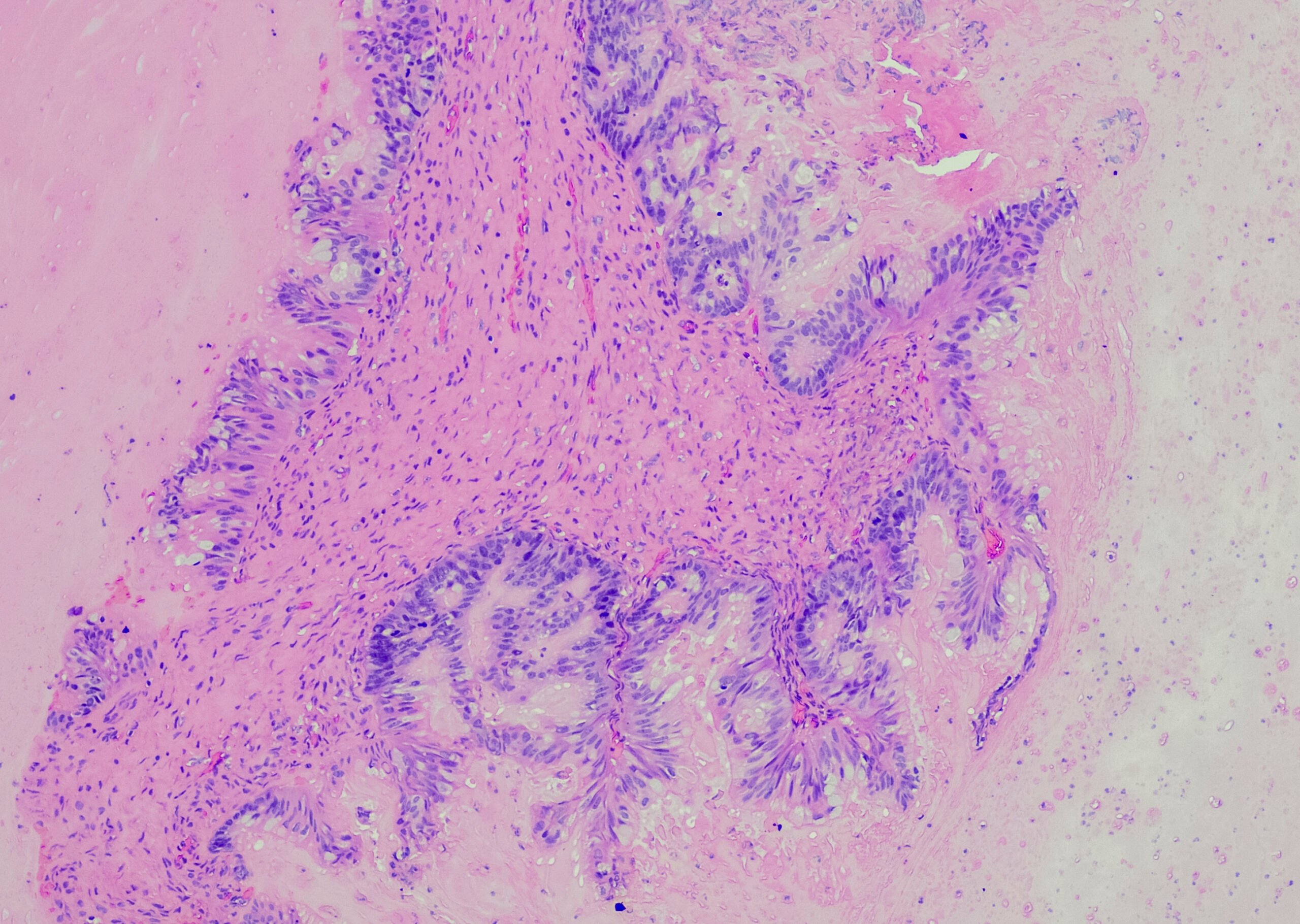Treatment with disease-modifying antirheumatic drugs (DMARDs) plays an important role in modern therapeutic concepts for rheumatoid arthritis. If left untreated, joint destruction and loss of mobility are possible consequences of this autoimmune-mediated chronic inflammatory disease. A new member of the Janus kinase (JAK) inhibitor class has been shown to be effective and safe in clinical trials.
The prevalence of rheumatoid arthritis (RA) in Switzerland is approximately 1%, with the age group 40-60 years most commonly affected, explained Prof. Diego Kyburz, MD, University Hospital Basel [1]. RA can lead to joint degeneration/destruction if left untreated. In contrast to symptomatic therapeutic approaches, DMARDs cause structural changes and can halt joint destruction.
Positive outcome as monotherapy and in head-to-head study
In the SELECT-MONOTHERAPY study, one of five pivotal Phase III trials, monotherapy with the selective JAK1 inhibitor upadacitinib produced a very good response in RA patients who had responded inadequately to methotrexate (MTX). A total of 648 adult patients (≥18 years) who met the 2010 American College of Rheumatology (ACR)-European League Against Rheumatism (EULAR) criteria for RA and had disease activity despite MTX therapy were included in the study. Subjects were randomly assigned to MTX, upadacitinib 15 mg and 30 mg, respectively, or placebo. In the primary study endpoints at 14 weeks, 68% in the upadacitinib 15 mg arm and 71% in the upadacitinib 30 mg arm achieved an ACR20, significantly more than 41% in the MTX arm (p<0.0001). ACR20 means a 20% improvement in the criteria of the ACR. The cutoff for low disease activity, DAS28-(CRP) ≤3.2, was achieved by 45% in the upadacitinib 15 mg group and 53% in the upadacitinib 30 mg group, each significantly higher than 19% with MTX (p<0.0001). The adverse event rate with upadacitinib was comparable to that with MTX [2].
Until now, the biologic adalimumab (Humira®) was considered the gold standard for DMARD treatment of RA. In the SELECT-COMPARE head-to-head study, upadacitinib proved superior to adalimumab, both in combination with MTX, in terms of response (ACR50), physical function according to the Health Assessment Questionnaire Disability Index (HAQ-DI), and pain [3].
|
“Disease modifying antirheumatic drugs (DMARDs) In addition to Janus kinase inhibitors (JAK inhibitors), which are synthetic/partially synthetic DMARDs, biologics and biosimilars are also DMARDs. While biologics inhibit certain extracellular messengers of the immune system (e.g., tumor necrosis factor or interleukins), JAK inhibitors focus on interrupting intracellular signal transduction of Janus kinases as an anti-inflammatory mechanism of action. |
Remission as the primary treatment goal
From the patient’s point of view, the focus is on the reduction or disappearance of pain and functional impairment. In the clinical context, this can be objectively measured by means of various scores. In Europe and Switzerland, the criterion for remission is a DAS28(CRP) score <2.6. This sum-score is based on different quantified disease feature expressions in 28 joints (knees and upper extremities, feet excluded). The principle of “treat-to-target” applies, whereby, in addition to remission, the lowest possible disease activity can also be a treatment goal.
Prof. Dr. med. Andrea Rubbert-Roth, Kantonsspital St. Gallen, emphasized in her presentation that in a relevant proportion of patients an improvement already occurs within one week after the start of treatment with upadacitinib and that the efficacy increases during the course of therapy [4]. The fact that disease activity correlates with various other parameters has been proven several times. The higher the disease activity, the greater the limitations in terms of physical and mental health and functional capacity [5]. In addition, it became clear that in the long-term course, the risk for joint replacement surgery correlates positively with the extent of disease activity.
Good convenience
Upadacitinib is a JAK inhibitor that interrupts the JAK-STAT signal transduction pathway. The latter plays an important role within the inflammatory response. The drug can be taken in tablet form, which is the administration method preferred by RA patients [6,7]. The recommended dosage is 15 mg once daily [7].
Now also approved in Switzerland
Upadacitinib (Rinvoq®) was approved by Swissmedic on January 20, 2020, for the treatment of adults with moderate-to-severe RA who have had an inadequate response to or are intolerant of treatment with one or more conventional synthetic disease-modifying antirheumatic drugs (csDMARDs). Rinvoq® can be used as monotherapy or in combination with csDMARDs [7].
Source: AbbVie Inc.
Literature:
- Kyburz D: Prof. Diego Kyburz, MD, University Hospital Basel, slide presentation, Media Roundtable Iaculis/AbbVie, January 28, 2020, Zurich.
- Smolen JS, et al: Upadacitinib as monotherapy in patients with active rheumatoid arthritis and inadequate response to methotrexate (SELECT-MONOTHERAPY): a randomised, placebo-controlled, double-blind phase 3 study. Lancet 2019; 393(10188): 2303-2311.
- Fleischmann RM, et al: Safety and effectiveness of upadacitinib or adalimumab plus methotrexate in patients with rheumatoid arthritis over 48 weeks with switch to alternate therapy in patients with insufficient response. Annals Rheum Dis 2019; 78: 1454-1462.
- Rubbert-Roth A: Prof. Andrea Rubbert-Roth, MD, Kantonsspital St.Gallen, slide presentation, Media Roundtable Iaculis/AbbVie, January 28, 2020, Zurich.
- Radner H, et al: Remission in rheumatoid arthritis: benefit over low disease activity in patient-reported outcomes and costs. Arthritis Research & Therapy 2014; 16: Article number: R56.
- Alten R, et al. Examining patient preferences in the treatment of rheumatoid arthritis using a discrete-choice approach. Patient Prefer Adherence, 2016. 10: 2217-2228.
- Current technical information RINVOQ® (upadacitinib). www.swissmedicinfo.ch. Last accessed: 29.01.2020.











